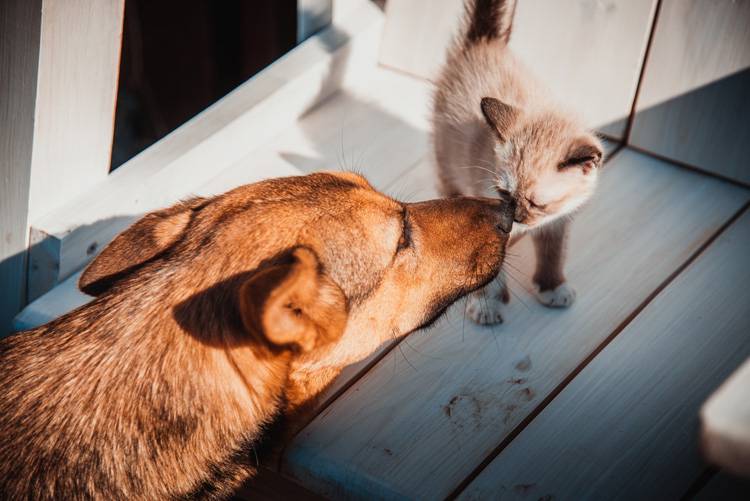Ringworm Overview
Despite the name, ringworm isn’t a worm, but actually a fungus. Known as dermatophytosis, it can spread from cat to cat or even from pet to human. As a fungus, it contains spores that can live in the environment for up to 24 months. It can live on furniture, bedding, clothing or anything the infected animal has been in contact with.
Not every human or animal that comes into contact with the fungus will become infected. Current immune system, health, age, condition of skin and grooming habits will determine if the infection is actually able to take a hold and grow.
What Does Ringworm Look Like?
Ringworm most commonly appears as scaly, hairless sores on the ears, tail or head. These sores can be quite itchy and filled with pus, and may cause an increase in shedding. Sometimes, ringworm will also cause the nails to grow deformed. On occasion, ringworm can infect an animal’s entire body.
Ringworm Treatment
A fungal culture done at your veterinary hospital is the more common way to diagnose ringworm. Treatment may include an antifungal cream. For severe cases, an oral treatment and regular dips may also be used. The fungal cultures must be negative for two weeks before any treatment is stopped.
Kittens under 12 months old are the most susceptible, but so are outdoor pets, older pets or animals whose immune systems have been compromised. Persian cats also appear to be more susceptible to the ringworm fungus.
Since ringworm is contagious, it’s important to wash your hands and clothes anytime you come in contact with new kittens or cats. Ringworm is the most common skin infection in felines. If you suspect your pet has ringworm, isolate your pet and call your veterinarian immediately. It’s important to wear gloves when you have to handle an infected animal and wash your hands thoroughly afterwards.





